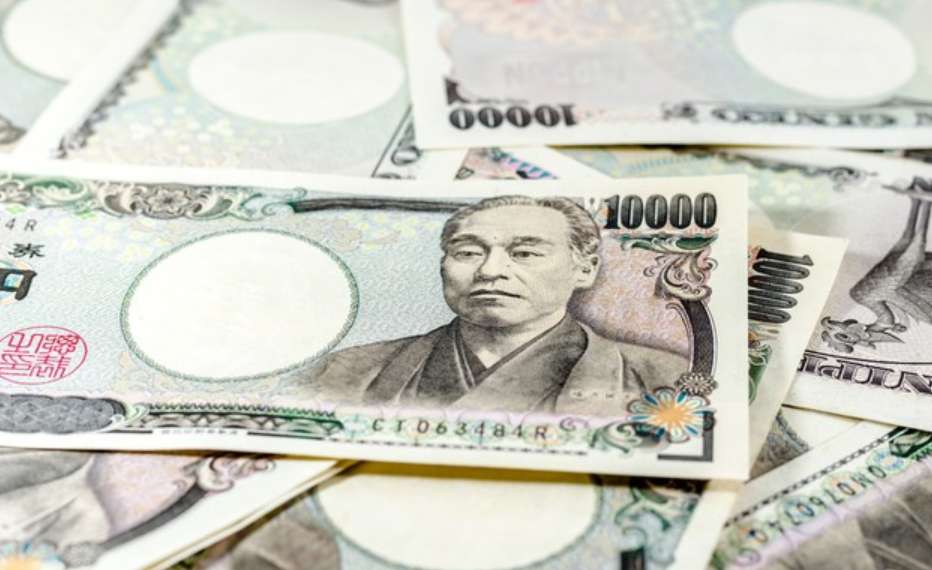Rate Hikes Add to Japan's Economic Worries
Advertisements
On July 31, 2023, the Bank of Japan (BoJ) held a pivotal monetary policy meeting, marking a significant shift in the nation’s economic approach by adjusting the policy interest rate from the previous range of 0% to 0.1% to a higher level of 0.25%. This decision signifies the BoJ’s first hike since it lifted the negative interest rate policy in March of the same year. Additionally, the BoJ announced a gradual reduction plan for its monthly purchases of government bonds, which currently amount to approximately 6 trillion yen. This new strategy aims to decrease the buying spree to about 3 trillion yen by the first quarter of 2026.
In the currency market, this unexpected move led to a significant shift, with traders buying yen and selling dollars, resulting in a brief spike in the yen's value to 151 yen per dollar before eventually retreating to approximately 153 yen. This fluctuation reflected the market's reaction to BoJ's hefty decisions. The Tokyo stock market also experienced volatility; prior to the announcement, the Nikkei 225 index fell by 156.41 points, settling at 38,369.54. This downturn was attributed not only to declines in U.S. tech stocks but also to anxieties surrounding possible rate hikes leading to sell-offs of export-related stocks. Following the announcement, the Nikkei 225 index dipped below the 38,000 mark but showed signs of recovery. Analysts interpret these erratic shifts in currency and stock prices as indicators of market uncertainty regarding the implications of the BoJ's new policies.

Leading up to this decision, speculation surrounding the BoJ's direction was rampant. Some influential Japanese politicians openly advocated for interest rate hikes, reflecting a growing sentiment that the depreciation of the yen was significantly impacting domestic pricing and economic stability. Digital Minister Taro Kono emphasized the urgent need to raise rates to alleviate energy and food costs during a television broadcast on July 17. Prime Minister Fumio Kishida echoed similar sentiments at a summer forum hosted by the Japanese Business Federation on July 19, citing that normalizing monetary policy would facilitate a smoother economic transition. This echoed statements from party officials like Toshimitsu Motegi, who argued for clearer communication regarding monetary policy normalization strategies. Many economists viewed these political endorsements as positive signals contributing to the BoJ's acceleration towards a more conventional monetary policy. However, contrasting opinions remained; some analysts predicted only a reduction in bond purchases without a corresponding rate increase, suggesting that financial institutions had not anticipated this hike.
The BoJ's rationale for raising rates appears to stem from various factors. It recognized that positive trends from the spring labor negotiations concerning wage increases were beginning to proliferate nationwide, bringing the country closer to its price stability target of 2%. Additionally, the repercussions of a historically weakened yen were fueling inflationary pressures on imported goods, exacerbating challenges for everyday citizens. Moreover, analysts noted that with recent U.S. Consumer Price Index (CPI) figures falling short of expectations, thereby hinting at a potential Federal Reserve rate cut, the BoJ might be acting preemptively to create more room to maneuver amid fluctuating international rates.
However, the effects of raising interest rates are not without potential drawbacks. Borrowers, particularly individuals in their twenties and thirties holding adjustable-rate mortgages, might face increased financial burdens as their housing-related expenses rise. Consequently, these individuals may have to cut back on other areas of spending to accommodate the extra costs. Additionally, businesses could be hindered by increased borrowing costs, which might stifle investment in new equipment and growth initiatives. Such economic pressures come against the backdrop of already high inflation, which could dampen consumer sentiment and spending further.
As of the end of March 2023, the Bank of Japan held roughly 589 trillion yen in government bonds, accounting for 53.2% of total issuances. For years, critics have insisted that the BoJ's extensive bond holdings diminished market liquidity, distorting the natural price and rate-setting mechanisms. The recent agreement to cut purchasing levels was seen as aligning with even broad-based market expectations. The BoJ plans to reduce its buying by about 400 billion yen quarterly, halving its current purchasing volume over eighteen months. Forecasts in the wake of this adjustment suggest that the balance of government bonds held by the BoJ could decline by 7% to 8%. In the monetary policy decision meeting slated for June next year, the BoJ is expected to conduct a mid-term evaluation of its bond purchase reduction plans, maintaining its current course unless market conditions dictate otherwise. For instance, if long-term interest rates surge, the bank may adopt more flexible purchasing strategies, including price cap operations and collaborative guarantees.
Nonetheless, whether the BoJ can sustain its 2% price stability target remains a topic of debate among analysts. On July 26, Japan's Ministry of Internal Affairs and Communications reported that Tokyo's core CPI, which serves as a leading indicator for nationwide prices, had increased significantly due to the cessation of government subsidies cover energy prices like electricity and gas, resulting in a year-on-year rise of 14.5%. However, when volatile factors such as energy and fresh food prices are stripped away, the overall inflation rate appears to decelerate. The BoJ has also indicated a focus on service price fluctuations, which fell by 0.4% month-on-month in July, raising concerns about potential impacts from wage increases. Many economists predict that elevated energy prices could lead to a reversal in core CPI growth rates in August, especially with the government reinstating a three-month electricity subsidies program. This situation has prompted some quarters to argue that the current moment is not opportune for the BoJ to raise rates.
Furthermore, analysts caution that the dual approach of hiking interest rates while simultaneously cutting bond purchases represents a significant policy shift. A rapid appreciation of the yen could adversely affect the stock market and export-driven companies, introducing unpredictable dynamics into the economic landscape. If rising rates further dampen personal consumption, Japan’s economic outlook could face heightened uncertainty moving forward.